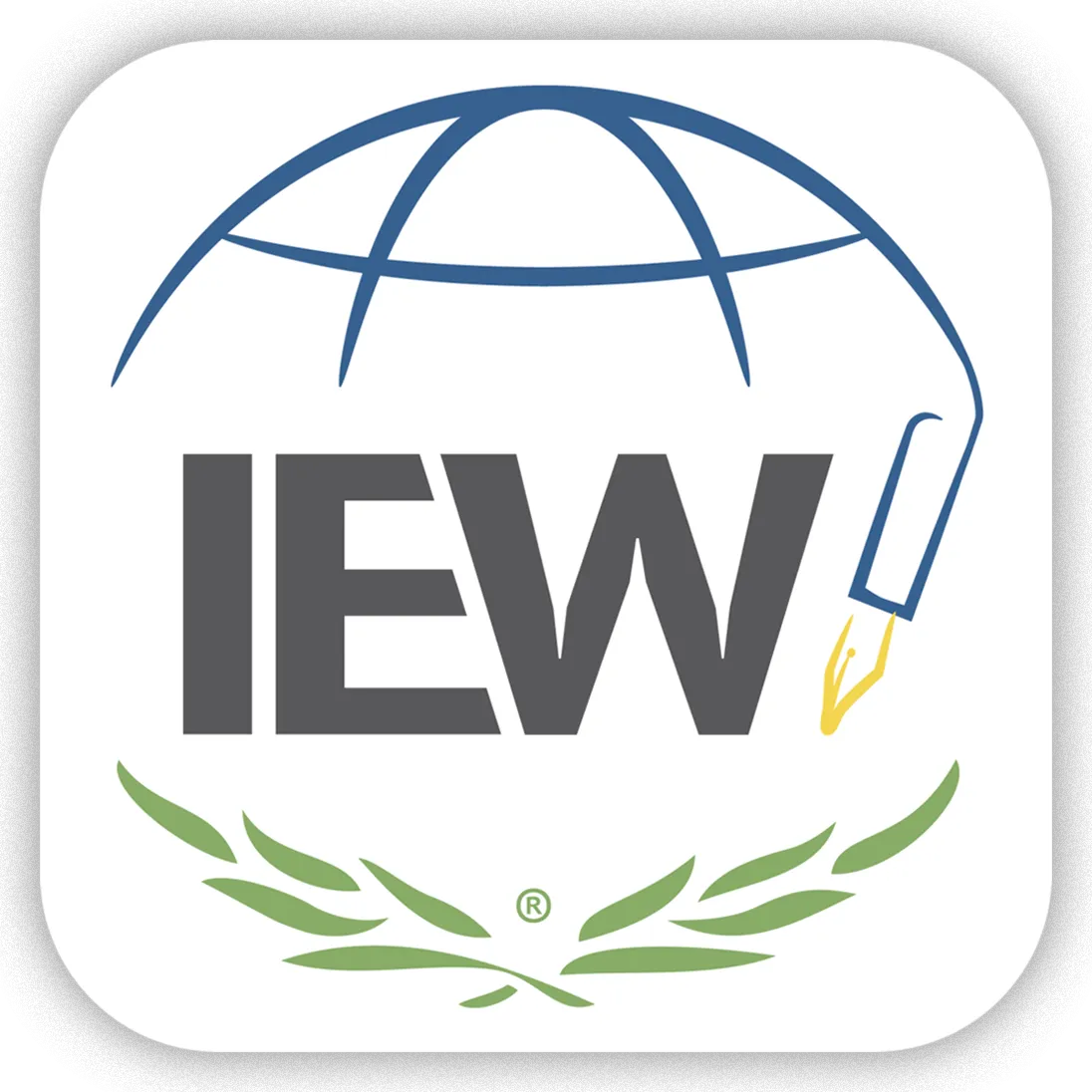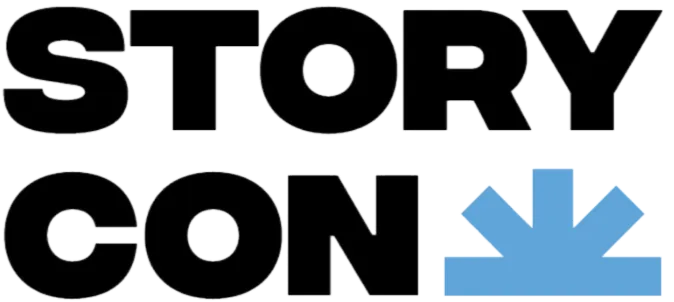
Institute for Excellence in Writing (IEW)
Institute for Excellence in Writing (IEW) has developed a strong reputation among homeschooling families for its structured approach to teaching writing. Parents share a wealth of experiences about how this methodology works in real-world settings:
Why Parents Choose IEW
The most compelling reason families select IEW is its remarkable success with reluctant or struggling writers. Parents consistently report breakthrough moments with children who previously resisted writing:
"I was barely able to get a paragraph out of my boys... With IEW, they are writing whole pages and they just aren't overwhelmed by it." Charlotte Mason Forum Member
"One of my sons used to hate (and I mean hate) writing before we started IEW. After three years of IEW lessons, he now says writing is actually enjoyable for him!" The Sensible Homeschool
This transformation appears particularly pronounced for students with learning differences. One mother of a dyslexic child shared:
"Since we started with IEW two years ago, the lights have come on... he's become a writer." IEW Parent Testimonial
Parents appreciate the clear structure IEW provides, with detailed lesson plans and objective evaluation criteria removing the guesswork from teaching writing:
"Each lesson is laid out in detail for both the mom and the student and is broken down into manageable steps... never has a child come to me confused about what to do next. And to that, this mama says, 'Hallelujah!'" The Unlikely Homeschool
The video instruction from Andrew Pudewa receives exceptionally high praise. His engaging teaching style often transforms writing from a dreaded subject to an anticipated activity:
"My kids love this man. He is brilliant, hilarious... I catch them both laughing until tears run down their faces on a weekly basis, running into each other's rooms saying, 'You gotta come listen to what Mr. Pudewa just said!'" The Unlikely Homeschool
Parents frequently mention the long-term academic benefits. The incremental approach builds confidence while developing lasting skills that transfer to other subjects and even college writing:
"He wrote circles around all the others in his first-year college writing courses... he has said he was so glad I had him take all those IEW courses... it made college writing a piece of cake." IEW Parent Testimonial
Common Challenges
Despite its popularity, parents acknowledge several challenges when implementing IEW:
The program requires significant parent involvement, especially during the initial learning phase. The training videos alone can span 14 hours, and parents must commit to ongoing lesson facilitation and feedback:
"I needed to be more involved and just didn't have the time to pull that off last year." 4Real Forums Member
Some parents and students find the structured approach overly formulaic, potentially stifling creativity. One elementary student famously wrote to IEW:
"All the dumb -ly's, quality adjectives, and who/which clauses I HAVE to add in! ... you shouldn't have to FORCE me to use this stuff! It simply isn't right!" Student Letter to IEW
This concern resonates with some parents who worry about artificial-sounding writing:
"I have a problem with forcing the student to use one of each dress-up in their paragraph... forcing every dress-up does not always make the best writing, especially in a short paragraph." Homeschool Life Magazine
For younger students, the video lessons can sometimes run too long:
"Some of the lessons are close to an hour of content which, in my opinion, is a bit much for elementary kids... The easy fix for us was to split those longer lessons over 2 days." The Sensible Homeschool
Parents also note that IEW focuses primarily on writing and doesn't provide a complete language arts curriculum. Additional resources for grammar, spelling, and literature are typically needed alongside the program.
Who Thrives with IEW?
Based on parent feedback, IEW works particularly well for:
- Reluctant writers who need clear structure and direction
- Students with learning differences who benefit from explicit instruction
- Families seeking a systematic approach to teaching formal writing
- Parents who want detailed guidance on how to teach and evaluate writing
- Middle and high school students preparing for academic writing
Students may need additional support or alternatives if they:
- Are highly creative writers who chafe at structured formats
- Have parents unable to commit significant time to the teaching process
- Are very young and struggle with longer lessons or detailed requirements
- Prefer an integrated language arts approach rather than separate components
The Bottom Line
Most parents who use IEW view it as a valuable investment despite the challenges. They appreciate that the program's structure serves as training wheels that can eventually be removed once good writing habits are established:
"We're now halfway through the school year and I am gobsmacked by the growth in their writing abilities." The Unlikely Homeschool
Experienced users often recommend approaching IEW as a flexible tool rather than rigid rules. Many successful implementations involve occasional breaks for creative writing or adjustments to fit individual student needs.
As one parent aptly summarized: "Overall we've loved IEW... but no curriculum is perfect." The consensus suggests that with realistic expectations and willingness to adapt when needed, IEW provides effective scaffolding for developing competent, confident writers.
Subjects covered
Core subjects: Writing and composition, phonics, grammar, spelling, poetry, literature, public speaking
Special emphasis: Incremental writing instruction, explicit teaching methods, structured lesson plans, and checklists for evaluation
Unique offerings: Video-based instruction by Andrew Pudewa, teacher training materials, and accommodations for students with learning differences
Teaching Format
Video-based instruction: Many homeschoolers and teachers choose to have students learn from video instruction taught by IEW’s founder, Andrew Pudewa. IEW offers these lessons on DVD or via streaming (“Forever Streaming” access).
Print materials: Accompanying print materials include a student notebook with source texts and worksheets, and a teacher’s manual with lesson plans.
Implementation choices:
- Video lessons (students watch Mr. Pudewa teach a live class on video and complete the writing assignments)
- Theme-based textbook lessons (parents or teachers teach the lessons directly using provided source texts and teacher’s manual)
Assessment: Grading using IEW’s checklist; parents review and provide feedback on student writing.
Lesson structure: Lessons are designed to be completed on a schedule (often one lesson per week, over 24–30 weeks depending on the course). Each lesson includes specific objectives and detailed steps.
Implementation flexibility: Parents can adjust the pace, skip assignments, or incorporate additional topics as needed.
Pricing
Premium curriculum pricing tier
Basic Package: Approximately $169 for a full 24-week course (includes student materials and teacher’s manual plus streaming/DVD video lessons)
Basic Plus Package: Approximately $189 (writing course + grammar curriculum)
Premier Package: Typically ranges from $200–$300+ depending on contents (may include additional materials like teacher-training course)
Lifetime streaming access: Included with purchase of video-based course
Cost-saving options: Reusable materials for multiple children; 100% satisfaction guarantee with no time limit for returns; strong resale value in used curriculum market
Parent Involvement
Moderate to High involvement required
Daily responsibilities: Parents must actively facilitate lessons, provide feedback, and guide students through writing assignments (1-3 hours weekly)
Preparation needed: Parents should watch training videos and familiarize themselves with lesson plans to effectively support their children
Teaching requirements: Parents serve as facilitators, especially in the video option, guiding students through lessons and ensuring understanding
Assessment duties: Parents are responsible for grading and providing feedback using IEW’s checklists, which requires time and attention to detail
Commitment level: Consistent parental involvement is crucial, particularly for younger students who need more guidance
Support resources: Extensive materials and community support available to assist parents in their teaching roles
.webp)


